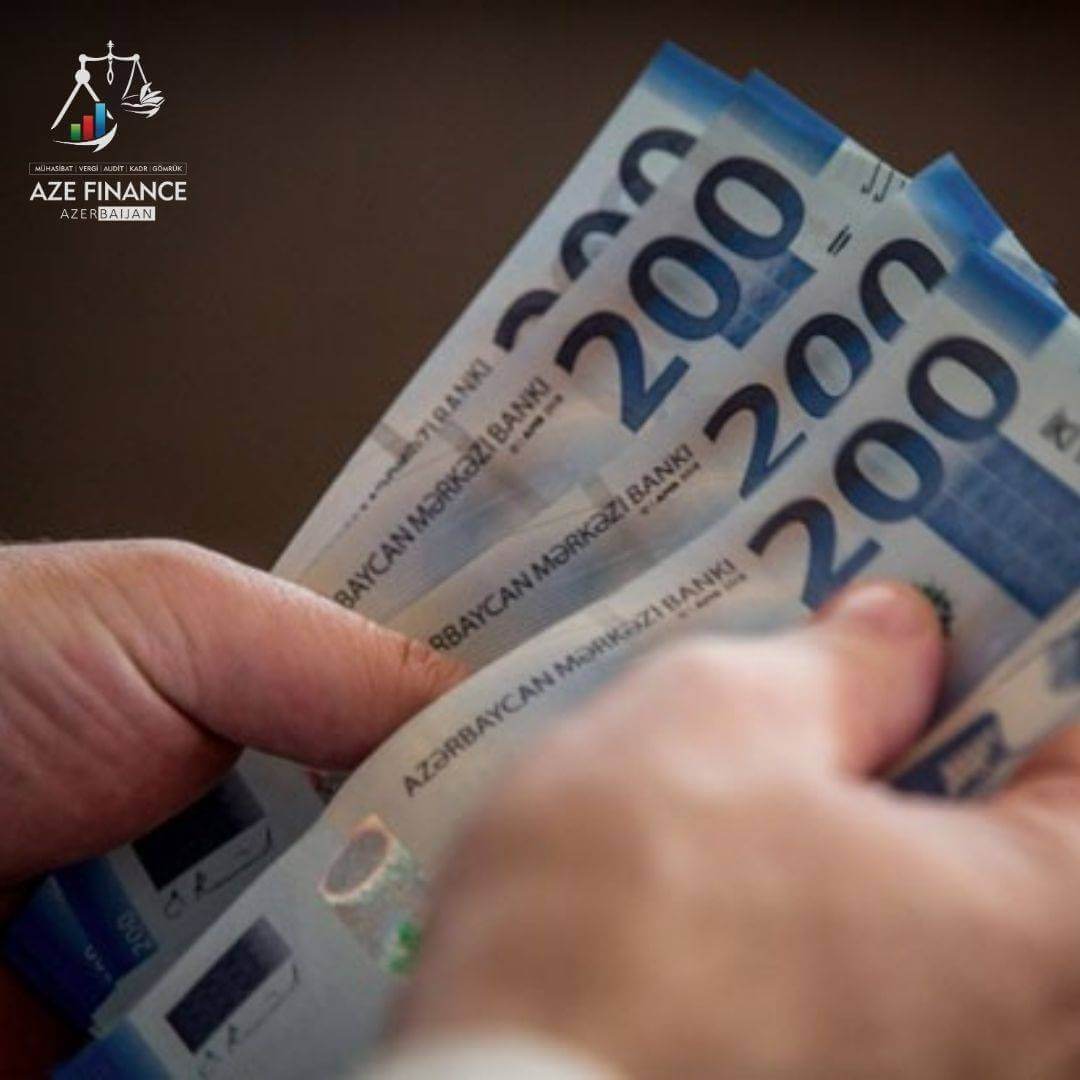New salary model: a raise for teachers or an extra burden?
New salary model: a raise for teachers or an extra burden?

The issue of determining teachers’ salaries based on working hours rather than teaching hours has become a topic of discussion.
This idea was voiced by Deputy Minister of Science and Education Idris Isayev during the discussion of proposed amendments to the Law “On General Education” at the latest session of the Milli Majlis (Parliament).
The deputy minister stated that after the completion of the certification process, other mechanisms for increasing teachers’ salaries are being considered for the next stages.
The main questions raised during the discussion were related to what innovations could be introduced to improve teachers’ salaries and what changes might occur in their working conditions.
In response to an inquiry, the Press Service of the Ministry of Science and Education reported that the implementation of innovations in the teacher salary system is currently at the discussion stage.
“Once the first phase of the teacher certification process is fully completed, proposals on this matter will be presented,” the statement said.
It should be noted that teacher certification is conducted every five years, and the first stage (the first five-year period) will be completed in 2026.
Education expert Elchin Efendi stated that if a system of determining salaries based on working hours is implemented, it could, to some extent, help reduce private tutoring:
“In our country, some teachers have a weekly teaching load of 18–36 hours, while for many it ranges from 18–24 hours. Overall, weekly teaching hours are about 20–24, whereas official working hours are 35–40 per week. Currently, salaries are calculated mainly based on the number of teaching hours, but under the new proposal, they would be determined according to working hours.
In my opinion, if this proposal is accepted, it will bring positive results. Firstly, teachers’ salaries will increase slightly. Secondly, the amount of paperwork will decrease compared to previous periods. Thirdly, it will help limit private tutoring to a certain degree, since under the new proposal, teachers will be required to remain at the educational institution until the end of their working day. Traditionally, teachers would leave the school as soon as classes ended and begin tutoring at home or in rented premises,” Efendi noted.
The expert also emphasized that in most countries around the world, teachers’ salaries are calculated based on working hours:
“We can cite countries such as the United States, Finland, and Japan as examples. For instance, in Finland, the official weekly working hours are 32–36, while in the U.S. they range from 40 to 45 hours.
This allows teachers, after completing their classes, to dedicate time to personal development, lesson planning for the next day, and other activities. As a potential drawback, we might only note the continued requirement for teachers to handle paperwork alongside the new system. Otherwise, the decision can be regarded as a positive step forward,” Efendi emphasized.

The issue of determining teachers’ salaries based on working hours rather than teaching hours has become a topic of discussion.
This idea was voiced by Deputy Minister of Science and Education Idris Isayev during the discussion of proposed amendments to the Law “On General Education” at the latest session of the Milli Majlis (Parliament).
The deputy minister stated that after the completion of the certification process, other mechanisms for increasing teachers’ salaries are being considered for the next stages.
The main questions raised during the discussion were related to what innovations could be introduced to improve teachers’ salaries and what changes might occur in their working conditions.
In response to an inquiry, the Press Service of the Ministry of Science and Education reported that the implementation of innovations in the teacher salary system is currently at the discussion stage.
“Once the first phase of the teacher certification process is fully completed, proposals on this matter will be presented,” the statement said.
It should be noted that teacher certification is conducted every five years, and the first stage (the first five-year period) will be completed in 2026.
Education expert Elchin Efendi stated that if a system of determining salaries based on working hours is implemented, it could, to some extent, help reduce private tutoring:
“In our country, some teachers have a weekly teaching load of 18–36 hours, while for many it ranges from 18–24 hours. Overall, weekly teaching hours are about 20–24, whereas official working hours are 35–40 per week. Currently, salaries are calculated mainly based on the number of teaching hours, but under the new proposal, they would be determined according to working hours.
In my opinion, if this proposal is accepted, it will bring positive results. Firstly, teachers’ salaries will increase slightly. Secondly, the amount of paperwork will decrease compared to previous periods. Thirdly, it will help limit private tutoring to a certain degree, since under the new proposal, teachers will be required to remain at the educational institution until the end of their working day. Traditionally, teachers would leave the school as soon as classes ended and begin tutoring at home or in rented premises,” Efendi noted.
The expert also emphasized that in most countries around the world, teachers’ salaries are calculated based on working hours:
“We can cite countries such as the United States, Finland, and Japan as examples. For instance, in Finland, the official weekly working hours are 32–36, while in the U.S. they range from 40 to 45 hours.
This allows teachers, after completing their classes, to dedicate time to personal development, lesson planning for the next day, and other activities. As a potential drawback, we might only note the continued requirement for teachers to handle paperwork alongside the new system. Otherwise, the decision can be regarded as a positive step forward,” Efendi emphasized.


